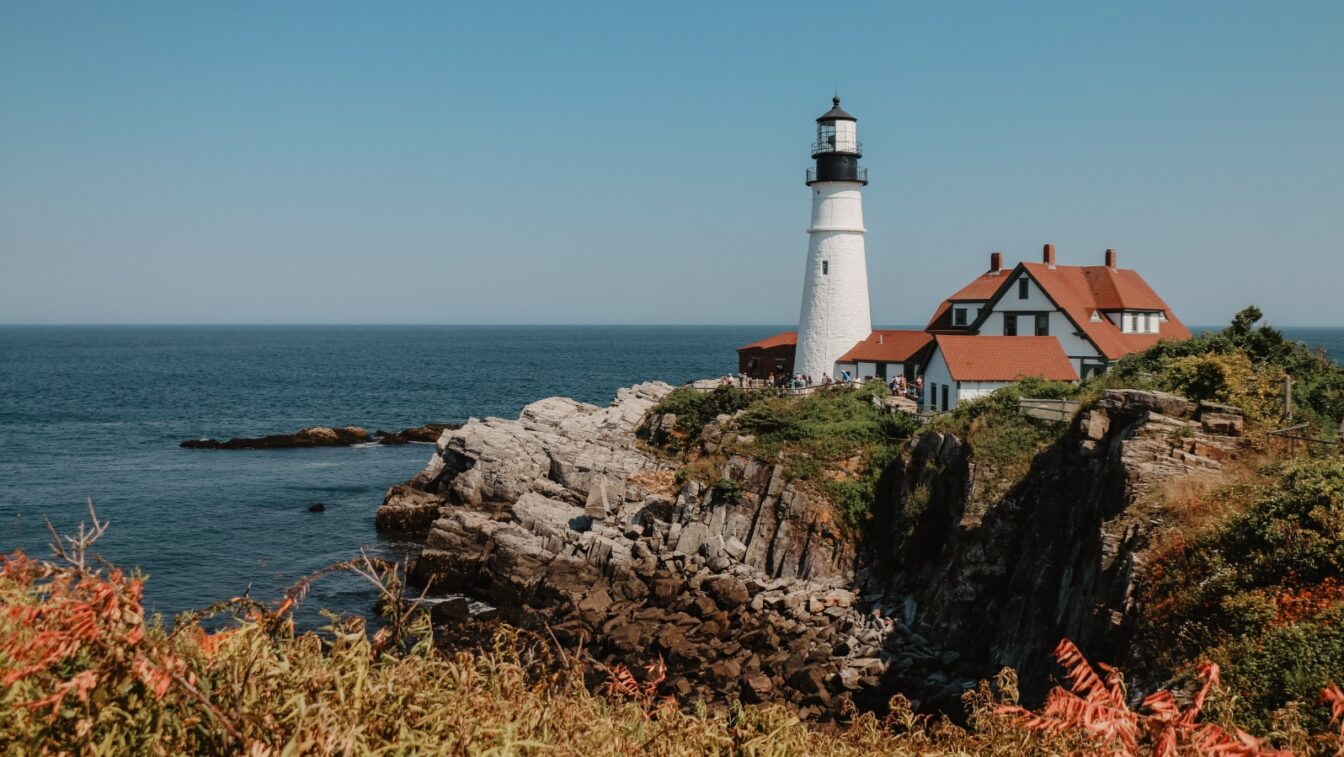Maine Legislature Passes iCasino Bill, But It’s Far From The Finish Line
Maine’s rules dictate bill goes to the Appropriations Table, and many don’t make it out
2 min

The Maine Legislature has voted to give the state’s four Wabanaki Nations exclusive rights to operate regulated online casinos — but that doesn’t mean legalization is a done deal.
Despite passing both chambers, LD 1164 still faces several key hurdles: a stop at the Appropriations Table, the possibility of a veto from Gov. Janet Mills, and the challenge of overcoming that veto in the legislature. According to Steve Silver (pictured above), chair of the Maine Gambling Control Board, that last one in particular could be a brick wall.
“I think it’d be a safe bet to say I don’t see her readily signing it,” Silver told Casino Reports. “And if she vetoes it, I find it extremely unlikely that there are enough votes to override the veto.”
Silver, who is opposed to the bill, also pointed out that just because legislation clears both chambers in Maine doesn’t guarantee it makes it to the governor’s desk.
“Last session, over a dozen bills died on the appropriations table — they just never came off,” he said. “It’s a weird mechanism of Maine government. Things can vanish down there for no real reason.”
Details of the bill
LD 1164 would allow the Penobscot Nation, Passamaquoddy Tribe, Aroostook Band of Micmacs, and Houlton Band of Maliseet Indians to run online casino platforms exclusively. Maine’s two casinos — Hollywood Casino, Hotel and Raceway in Bangor and Oxford Casino Hotel — would be excluded. Each tribe could partner with a single licensed platform provider, and licenses would cost $50,000 annually.
A 16% tax on adjusted gross revenue would fund gambling addiction services, emergency housing, veterans’ programs, and other state needs. The bill also includes strict consumer protections and would make Maine the first state to intercept large iGaming winnings from players who owe child support, using a state-run database.
But while the bill gives oversight authority to the Gambling Control Unit, it cuts out the Gambling Control Board, which Silver chairs — and that, he says, is a serious governance issue.
Potential problems
Silver criticized the structure, noting that oversight would rest entirely with the unit’s director, Milton Champion, rather than the five-member board that regulates slots and table games at brick-and-mortar casinos.
“Why would the same games be under a different authority just because you’re playing on your phone?” he said. “It makes no sense. The board is appointed by the governor, confirmed by the Senate, has staggered terms — it’s a public, transparent process. This cuts that out completely.”
He argues this lack of transparency is not in the public’s interest and would establish a problematic precedent.
Silver also raised concerns about market cannibalization in a small state like Maine.
“We’re not Pennsylvania. We’ve got a little over a million people here — not even that many of gambling age,” he said. “There’s only so much gaming revenue to go around, and I think this is going to really harm the casinos. These are entities that have offered responsible gaming for years, you don’t just undercut them.”
Oxford Casino and Hollywood Casino have publicly opposed the bill for similar reasons, calling it unfair and economically damaging.
Before the bill can reach the governor’s desk, Silver noted it must first clear the Appropriations Table, where lawmakers review all passed bills with budget implications. Despite LD 1164’s relatively modest fiscal footprint — mostly tied to staff increases for the Gambling Control Unit — its fate could depend on last-minute budget math and political maneuvering.
Silver emphasized that even popular or low-cost bills have died at this stage for no transparent reason.
“Last year there was a bill to expand processing of rape kits and that didn’t make it off the table,” he said. “It’s not just about money. It’s politics.”
And if it does make it to the governor? Mills could sign it, veto it, or let it become law without her signature. But Silver says a veto is still the most likely outcome, and he doubts there’s the support to override it.






